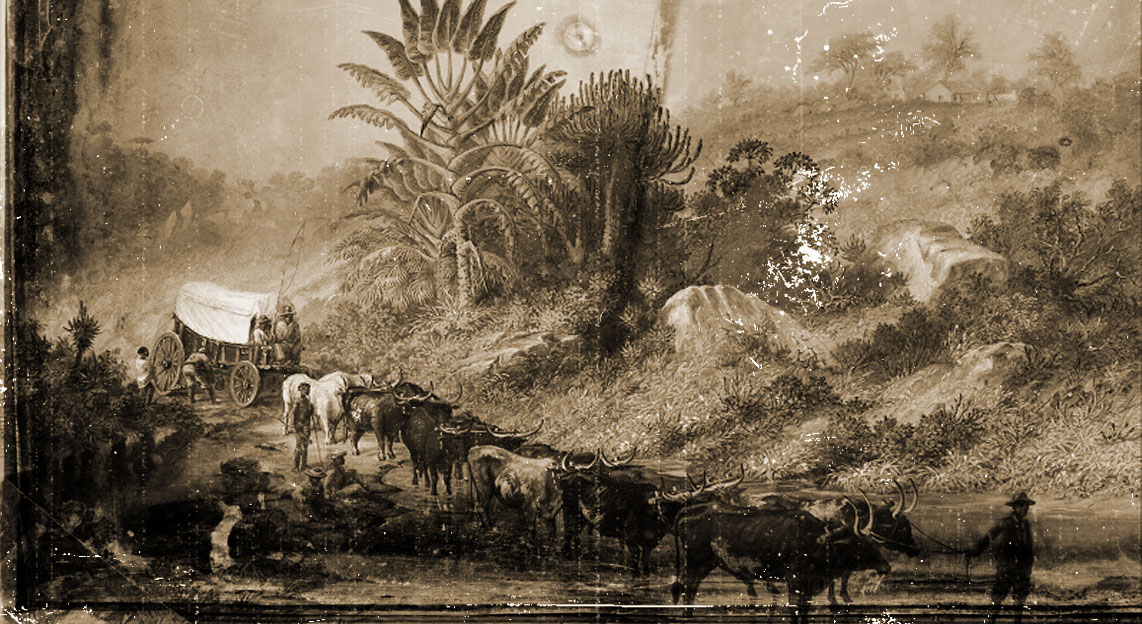Foodies Festival Guildford
FOODIES FESTIVAL GUILDFORD Join us at Guildford Foodies Festival 2025 for their biggest celebration yet of top chefs, tasty food, delicious drinks and live music. See headliners Symphonic Ibiza performing live on Friday 6th June, Boyzlife on Saturday 7th...
Foodies Festival Syon Park
FOODIES FESTIVAL SYON PARK Foodies Festival visits Syon Park 24th – 26th May across the Bank Holiday weekend, with a star-studded line-up of celebrity chefs and music headliners, including, Pixie Lott, Scouting For Girls and The Wanted 2.0 with founding members Max...
Essex Young Farmers Show
ESSEX YOUNG FARMERS SHOW The show has been running for over 30 years and it keeps getting better and better. It is one of the only show’s in the UK run purely by its members who range from 16-28 years old. Address: Boyton Hall, Roxwell, Chelmsford, Essex, CM1 4LT For...
Macs Farm Open Weekend Ditchling
MACS FARM OPEN WEEKEND DITCHLING Spend a day of rural charm and wholesome fun the much-anticipated Farm Open Day! Come and kickstart the summer season with a day packed full of activities for the whole family. Address: The Macs Farm, Common Lane (B2112), Ditchling,...
Shooting Show Harrogate
SHOOTING SHOW HARROGATE You will find the largest number of retailers than any other shooting show at our event. Address: Yorkshire Event Centre For more information click here.
East Grinstead May Fair
EAST GRINSTEAD MAY FAIR Live entertainment throughout the day, children’s rides, craft and charity stalls, children’s entertainer, book stall, tombola, food, drink and much, much more! Address: Historic High Street, RH19 Opening Times:10:00 am - 4:00 pm For more...
Foodies Festival Preston Park
FOODIES FESTIVAL PRESTON PARK Foodies Festival returns to Preston Park across the May Bank Holiday Weekend from 3rd – 5th May 2025, with brand-new features and a star-studded line-up of celebrity chefs and chart-topping music stars, including: Scouting For Girls,...
Ouma South African Rusks: A Family Favourite
Comfort food comes in all shapes and sizes. For some, it's a dish that reminds them of their childhood. For others, it's a meal that brings back fond memories of a loved one. No matter what your comfort food looks like, there's one thing that all comfort foods have in...
The Perfect Food for Health and Fitness: Biltong
What is Biltong? You might not be familiar with biltong, but this ancient South African snack is taking the health and fitness world by storm. Packed with protein, low in fat, and devoid of carbs, biltong is the perfect fuel for your workout. And that's not...
How to Store Biltong
So you want to know how to store your Biltong? Lucky you! You clearly have more self control than most. Biltong is known for lasting much longer than other uncured meats and perishable goods, however; it is still important to store Biltong properly to ensure that it...
Mrs. Ball’s Chutney – A Staple of South Africa
Whether you’re a South African local or simply visiting, chances are you’ve heard of Mrs Ball’s chutney. This delicious condiment has been around for over a century and is still as popular today as it was when it was first introduced. So, what is the story behind this...
How is Biltong Made?
How is Biltong Made? Biltong is made through a process known as curing. The process of curing meat has been around for many thousands of years and employs techniques such as smoking, salting and drying. The process of curing meat helps to vastly extend a products...
Where Does Biltong Come From?
The Afrikaner voortrekkers of Southern Africa developed Biltong somewhere between the 17th and 18th century as a way to store meat in the dry conditions of the African bushveld. This allowed them to carry the meat easily and for long periods of time on their trek...
BILTONG HISTORY
Biltong was developed in South Africa by the Afrikaner voortrekkers as a way to store meat in the dry conditions of the highveld and carry it easily on their trek wagons. The word biltong is derived from the Dutch bil (rump) and tong (tongue) and refers to the cut of meat used and the shape of the cut meat to be dried.
Originally made from game meat such as eland, springbok and hartebeest most biltong today is made from beef and that primarily silverside. Our biltong is made from prime British and Irish beef, marinated in our secret spice and herb mix and cured for approximately 5 days, much as the voortrekkers did in days of yore.

